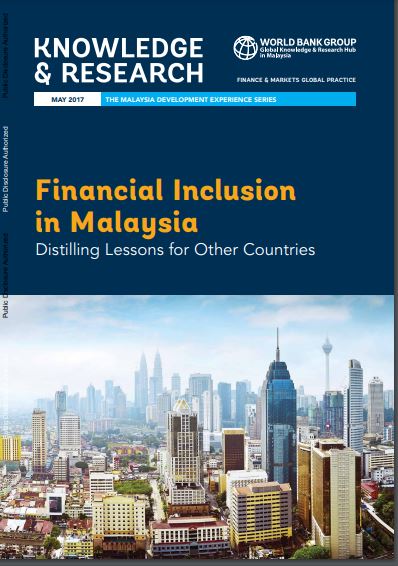Strategy for the Mexican Pension System
By Gabriel Martinez The concepts of benefit adequacy and sustainability are used to lead the discussion to-wards holistic pension reform. The required strategic elements are presented, the reforms underpinning the existing pension system are reviewed, and the evolution of the main variables in a set of reference countries is detailed. The review to other countries serves to identify key points of discussion, lessons and innovative elements. Essential reform proposals are presented. Source: SSRN 281 views










